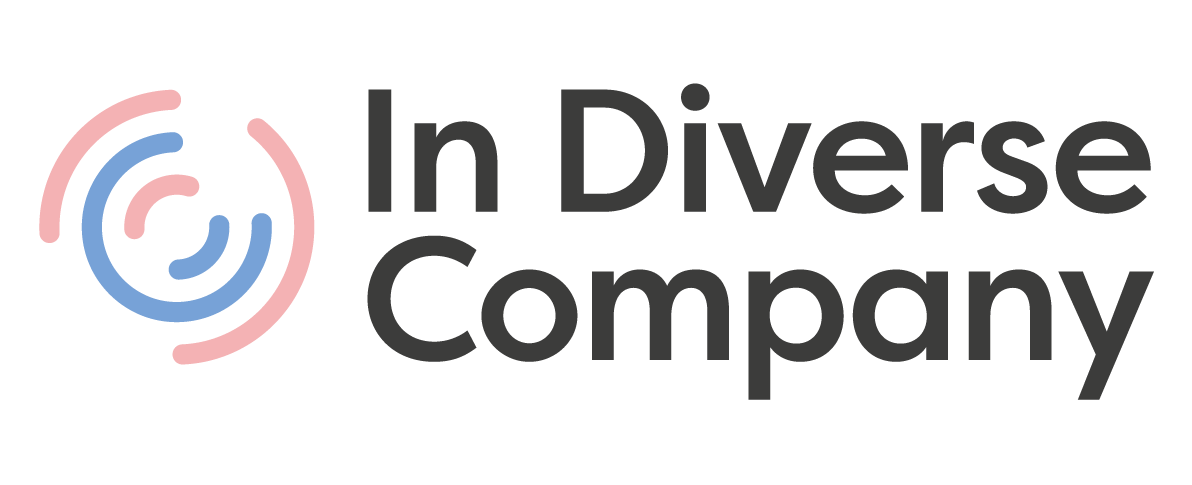by Manshi Mehta, BD Consultant
Statistics reveal that many individuals who take breaks from work often struggle to reintegrate into the workforce seamlessly. Most people associate career breaks with either younger workers taking a gap year or women quitting their jobs to care for their children. However, there are many other reasons why workers take time off, such as parental leave, medical leave, and mental health reasons.
According to a study by Longhouse Consulting in 2023, approximately 80% of working women in India take career breaks, and 45% cite childcare and personal commitments as primary reasons. This figure has been on the rise over the past decade. This trend indicates a more significant issue that requires attention and proactive solutions from both individuals and organisations.
Why People Don’t Return to Work After Breaks:
3.4 million educated parents of prime working age who are on a career break for childcare reasons—2.9 million women plus 0.5 million men. Roughly 80 percent are estimated to be interested in returning (Article by SHRM, 2022).
However, returning to work can be intimidating because there is a distinct pressure to show your coworkers that you are not a liability. The loss of confidence or skills during the hiatus makes the re-entry process more daunting.
Additionally, the lack of support systems, both within the workplace and at home, can exacerbate feelings of isolation and inadequacy. Studies suggest that around 27% of individuals cite a lack of support from their employers as a significant deterrent to returning to work (Harvard Business Review). Furthermore, family responsibilities and societal expectations often weigh heavily on individuals, making it challenging to prioritize their career aspirations.
How Organisations Can Support Returning Talent:
Longhouse Consulting’s data revealed that women’s Participation in the workforce grew to 37% in 2023 compared to 23.3% in 2018. This positive trajectory underscores the progressive policies of organisations that motivate women to return to work.
Here are several practices that facilitate a smoother transition back to work for individuals returning from breaks:
1.Flexible Work Arrangements: Offering flexible work hours or remote work options can accommodate the needs of individuals who may still have family obligations or require a gradual return to full-time employment.
2.Return to work Programme: Implementing returnship programs tailored to individuals who have taken career breaks can provide structured opportunities for skill enhancement, mentorship, and networking. Returnships are open to both men and women; however, most applications come from women as they are still the most likely partner to give up work to support their families.
3. Supportive Workplace Culture: Fostering a culture of inclusivity and support where returning employees feel valued and encouraged can boost their confidence and morale.
4. Skills Refreshers and Training: Providing access to training programs or resources to update skills and knowledge can ease the transition back into the workforce and mitigate feelings of inadequacy.
5. Family-Friendly Policies: Recognising the importance of family support, organisations can implement policies such as parental leave, childcare assistance, or flexible scheduling to alleviate the burden on employees balancing work and family responsibilities.
The Role of Families in Supporting Career Re-entry:
Families are pivotal in influencing individuals’ decisions regarding returning to work. Fostering an environment that encourages and supports career aspirations, open communications, shared responsibilities, and mutual understanding can help balance work and family life, enabling individuals to confidently re-engage with their careers.
Navigating the transition back to work after a break requires concerted efforts from both individuals and organisations. By addressing the challenges faced by returning talent and implementing supportive practices, we can create a more inclusive and resilient workforce.
In Diverse Company’s Back to Work Accelerator programme is designed to provide tailored support for individuals re-entering the workforce. If you or anyone you know needs assistance or guidance during this transition, please contact info@indiversecompany.com to explore the resources available through this programme.






